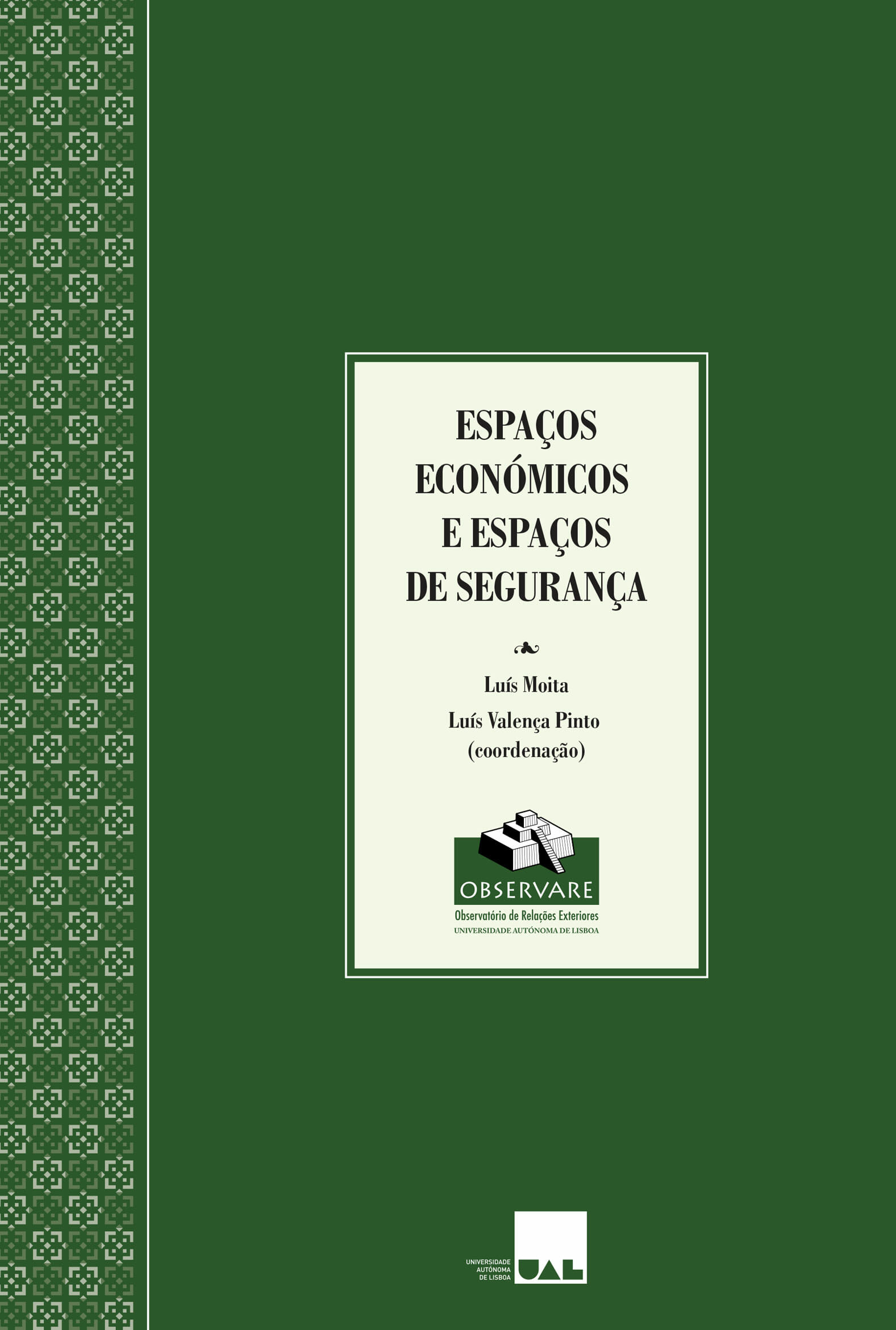If maritime piracy proliferates off Somalia, who is responsible for ensuring the safety of the routes? if deforestation in the Amazon is jeopardizing global ecological balances, who has the authority to stop it? if the conflict in ukraine spreads to the point of jeopardizing the supply of natural gas to eastern europe, who would be in a position to prevent it? questions like these have a reasonably clear assumption: the normal functioning of social and economic activities is supported by security guarantees. however, who is responsible? during a long period of the still recent past the answer would have very simple outlines: it is the national states, endowed with means of coercion, that protect the internal market and the system of exchanges with the outside, guaranteeing the physical integrity of the space delimited by the land borders and maritime. or else, in a well-known historical phase, the world condo of the superpowers led that, in the northern hemisphere, two major military devices guaranteed the security of their respective spaces: the Warsaw pact for the field of the so-called real socialism, the organization of the treaty of the North Atlantic into the field of the so-called market economy.
(Complete edition with the full version of the chapter by Mario G. Losano)



